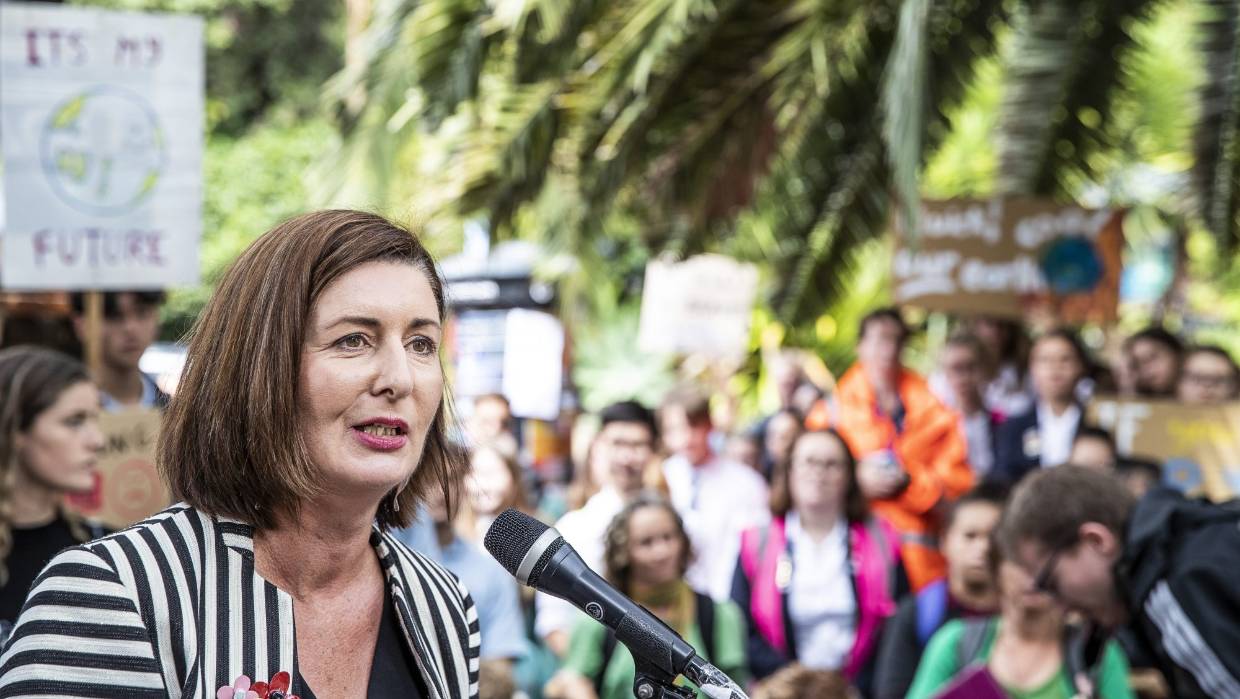Table of Contents

A constant source of amazement is the low-quality thinkers that get elected to positions on Local Authorities or as members of parliament. It is called ‘democracy’ but sometimes one wonders whether a basic IQ test should not be a prerequisite for nomination. Surprisingly, this example has a commerce degree.
A quick look at the economic indicators for the Nelson region, as reported by Infometrics shows that agriculture, forestry and fishing employ 11.8% of the workforce and rate fifth in the job creation stakes.
At 14.5% they represent the second largest number of businesses in the area, generate 7.6% of the regional GDP and are the fourth largest contributor to growth.
But one cannot just take that chunk in isolation as these industries also use, and thus contribute to the economic indicators for sectors such as transport, technical services, rental, professional services, retail, manufacturing and so on.
So why did this sector feature above? Because CO2 is a major feedstock for agriculture, forestry and fishing and the mayor wants to ban it. Thus economically crippling the region she is supposed to be championing.
quote.Nelson Mayor Rachel Reese is moving this week to declare climate change an emergency. […]
“We should be treating this as an emergency, and not as a one-off emergency response but as an ongoing effort that could take years or even decades,” Reese said. […]
Reese said her motion came after hearing from and working with various environmental groups, taking direction from many environmentally-focused public submissions on NCC’s annual plan and the Government’s recent Zero Carbon Act, which Reese said was a “pioneering piece of legislation”.
“All the research says that we need to act now if we’re going to avert serious issues in the future … We had clarity last week with the Zero Carbon Bill, we have clarity from the scientific community.”
She said the motion would “certainly be more than just symbolic”.
“It sets a clear governance direction for our organisation [the council]. That’s how elected members can influence the direction that a council takes.”
A major tenet of the motion is to embed climate change response into future NCC strategic plans, such as the annual plans and the long-term plans. […]
Stuff
I simply cannot understand why politicians want to ban a significant input into the economic sustainability of our country. All of these sectors rely on CO2:
- Agriculture (farming)
- Apiculture (bees)
- Aquaculture (fish, oysters etc)
- Aquiculture (hydroponics)
- Citriculture (citrus)
- Horticulture (fruit & veg)
- Pisciculture (fish farming)
- Silviculture (forests)
- Viticulture (grapes)
Kill off all those in New Zealand and all their upstream and downstream support sectors and what have we got left?





